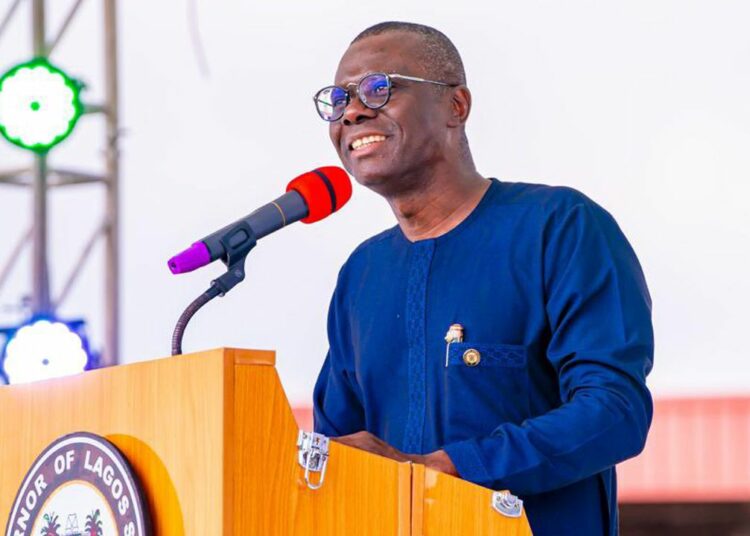The federal and the Lagos State governments have declared zero tolerance for malaria disease.
The declaration was made during the mid-term review of the Impact Project and the roadmap toward malaria elimination in Lagos State.
At the event, the minister of Health Professor Muhammad Ali Pate commended the state government for its leadership and dedication to the fight against malaria.
“I commend the Lagos State government for pioneering this initiative and its unwavering dedication to malaria control. This effort shows that we can overcome even the toughest challenges with determination and innovation,” the minister said.
He also appreciated the collaboration of national and international partners and reaffirmed the Federal Ministry of Health’s commitment to supporting Lagos through the National Malaria Elimination Programme (NMEP).
Pate highlighted some key achievements from the collaboration, including the successful onboarding of Patent and Proprietary Medicine Vendors (PPMVs) and community pharmacies into a structured, regulated, and digitised malaria service delivery system.
He noted that integrating digital technology has significantly improved data collection, analysis, and reporting, enabling better progress tracking, identification of service gaps, and data-driven decision-making to strengthen malaria interventions.
In his keynote address, Lagos State Governor, Mr. Babajide Sanwo-Olu, reaffirmed the state’s commitment to transitioning from a high malaria burden to a pre-elimination stage, ultimately paving the way for a malaria-free Lagos.
Governor Sanwo-Olu stated that the state is leveraging evidence, technology, and collaboration to drive progress.
He emphasised the importance of reviewing field data to ensure the effective use of Rapid Diagnostic Tests (RDTs) and proper reporting from private pharmacies and PPMVs.
“This review is focused on accountability, scale, quality, and community ownership,” the governor noted.
He stressed that malaria cannot be tackled solely through clinical interventions, calling on households and communities to play a more active role in prevention.
“We cannot tackle malaria just by focusing on clinics. Households and communities must step up by eliminating breeding sites, getting tested promptly, and trusting the health system,” he said.
Governor Sanwo-Olu added that Lagos’ strategy emphasises strong communication, a robust network of community health workers, and partnerships with traditional leaders, market groups, and schools.
“We must embed the message of prevention and testing into every aspect of life in Lagos,” he stated.





